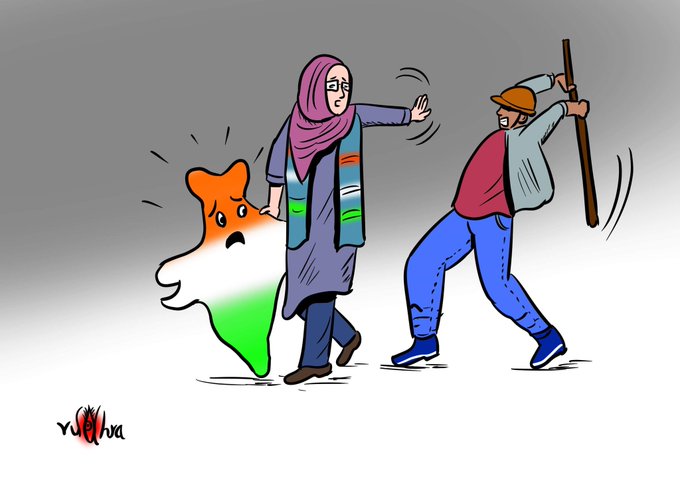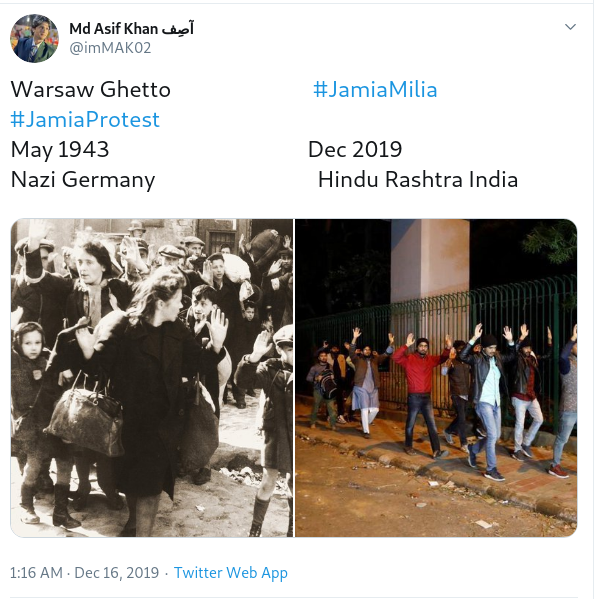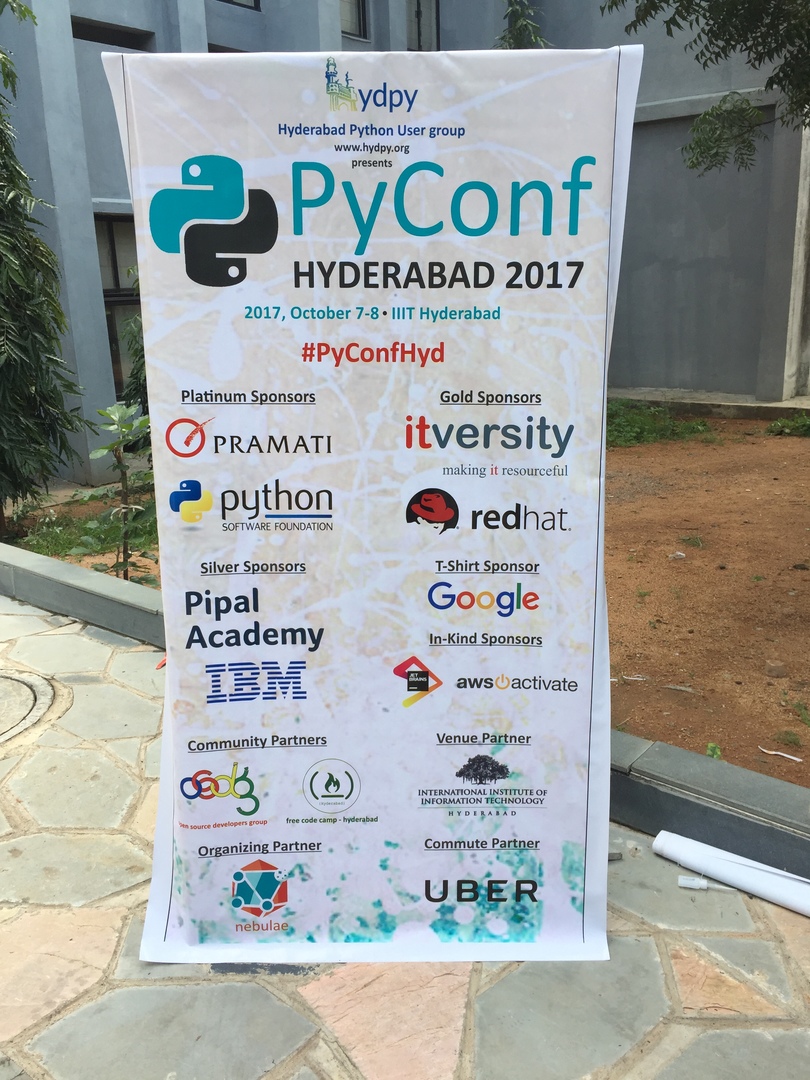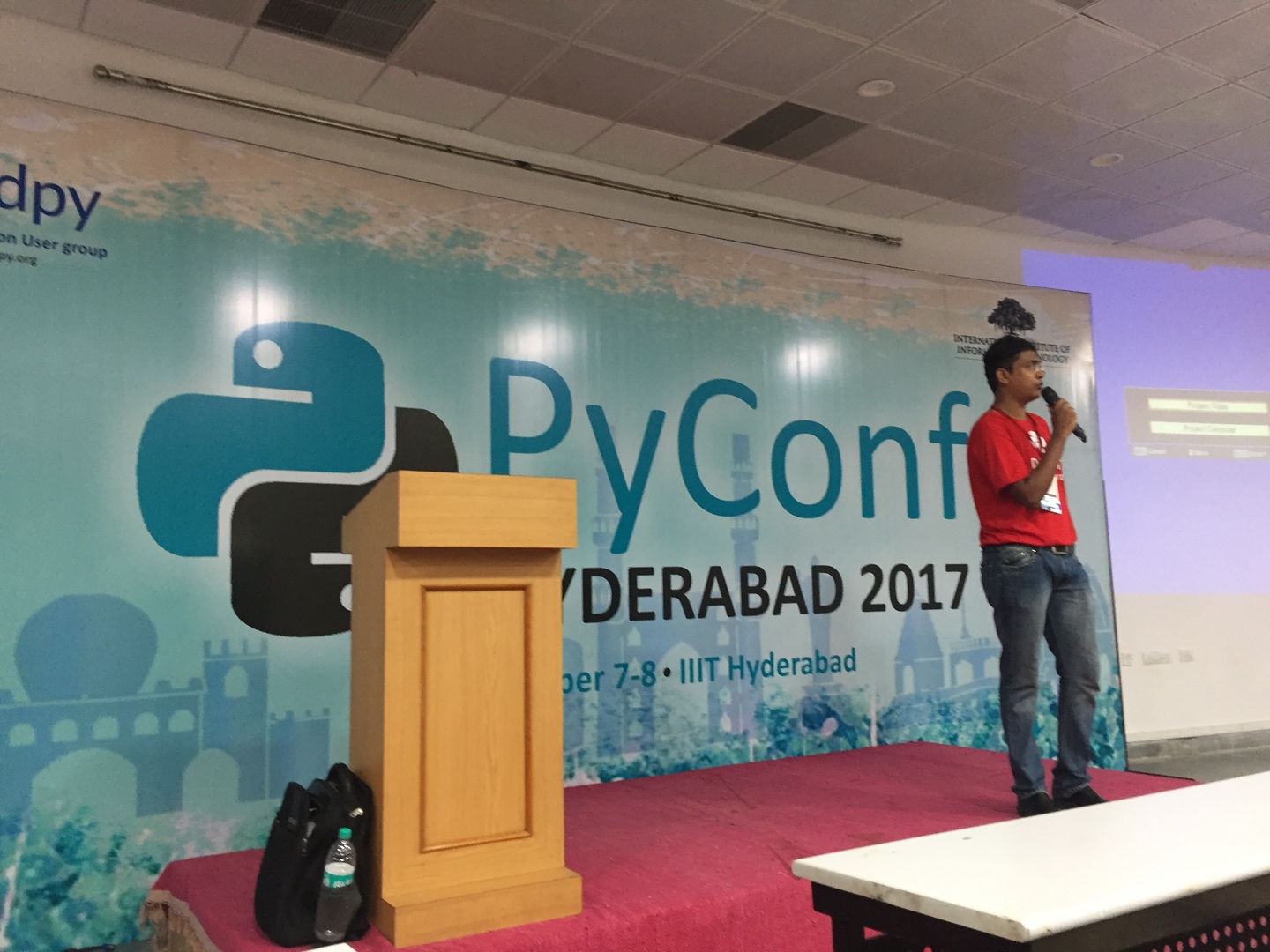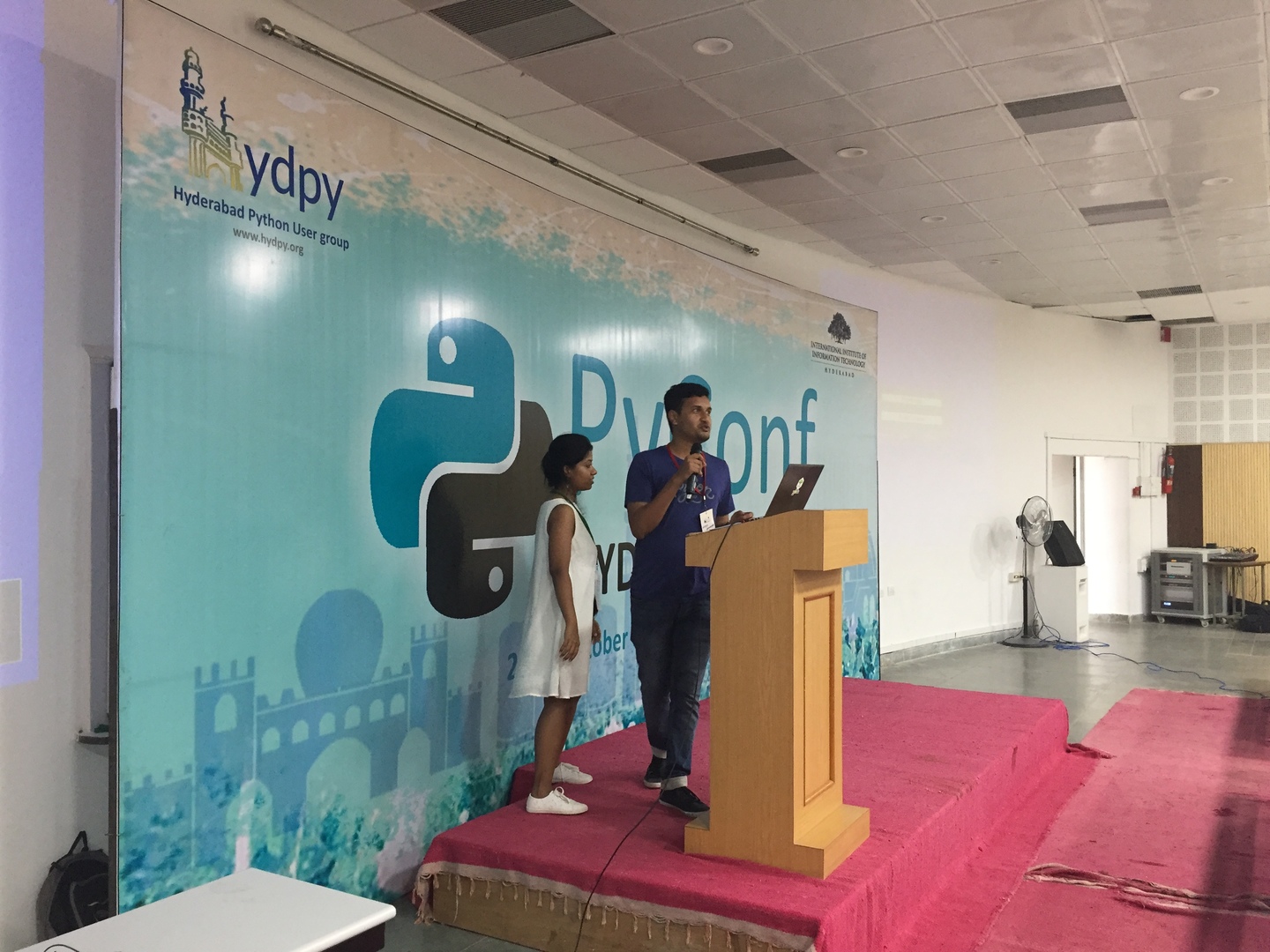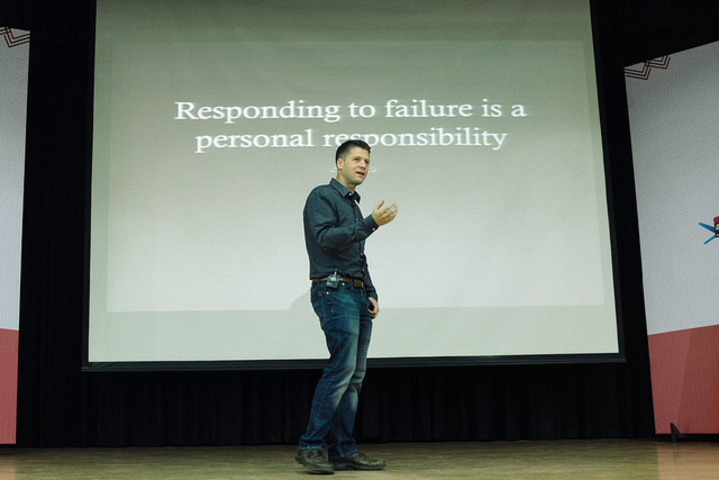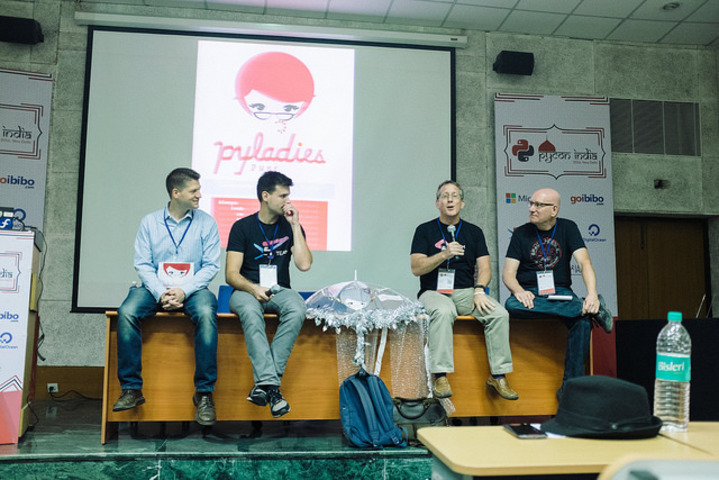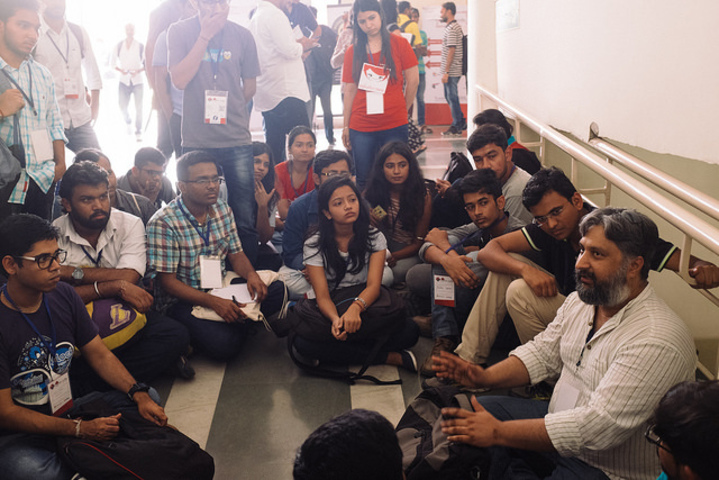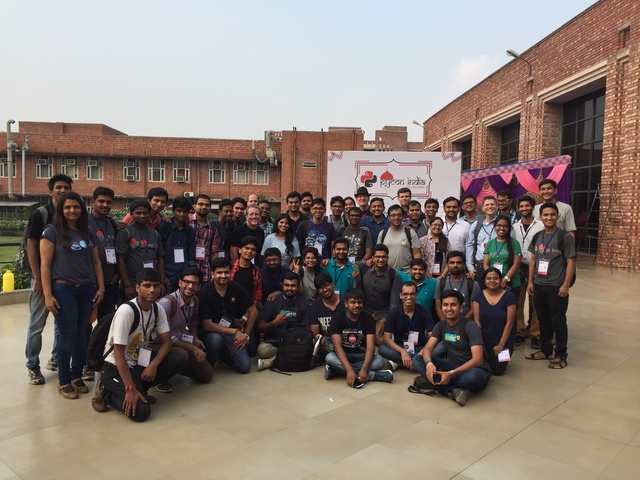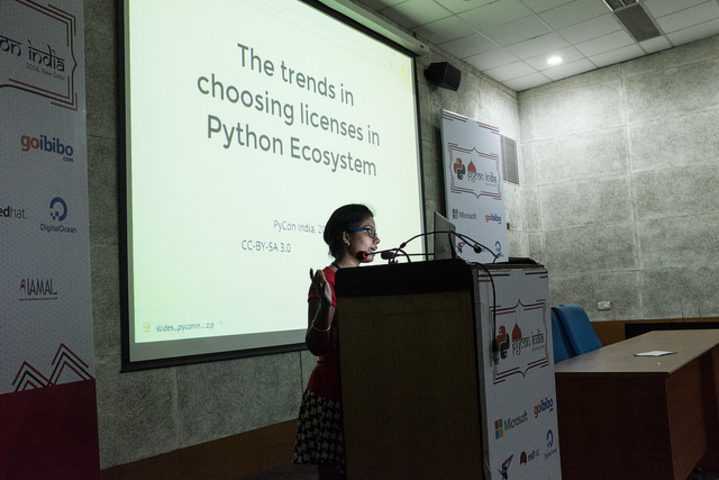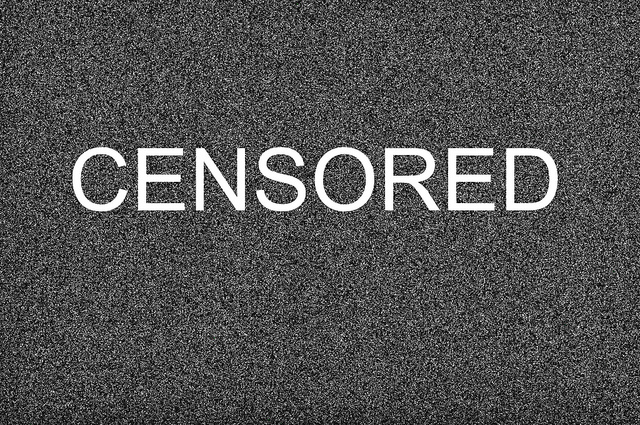
A branch of the Indian government, the Ministry of Information and
Broadcasting, is trying once again to censor Internet and Freedom of Speech.
This time, it ordered to form a
committee
of 10 members who will frame regulations for online media/ news portals and
online content.
This order includes these following Terms of Reference for the committee.
- To delineate the sphere of online information dissemination which needs to be brought under regulation, on the lines applicable to print and electronic media.
- To recommend appropriate policy formulation for online media / news portals and online content platforms including digital broadcasting which encompasses entertainment / infotainment and news/media aggregators keeping in mind the extant FDI norms, Programme & Advertising Code for TV Channels, norms circulated by PCI, code of ethics framed by NBA and norms prescribed by IBF; and
- To analyze the international scenario on such existing regulatory mechanisms with a view to incorporate the best practices.
What are the immediate problems posed by this order?
If one reads carefully, one can see how vague are the terms, and specifically
how they added the term online content into it.
online content means everything we can see/read/listen do over cyberspace. In
the last few years, a number of new news organizations came up in India, whose
fearless reporting have caused a lot of problems for the government and their
friends. Even though they managed to censor publishing (sometimes self
censored) news in the mainstream Indian media, but all of these new online
media houses and individual bloggers and security researchers and activists
kept informing the mass about the wrongdoings of the people in power.
With this latest attempt to restrict free speech over the internet, the
government is trying to increase its reach even more. Broad terms like online
content platforms or online media or news/media aggregators will include
every person and websites under its watch. One of the impacts of mass
indiscriminate surveillance like this is that people are shamed into reading
and thinking only what is in line with the government, or popular thought .
How do you determine if some blog post or update in a social media platform is
news or not? For me, most of things I read on the internet are news to me. I
learn, I communicate my thoughts over these various platforms on cyberspace. To
all those computer people reading this blog post, think about the moment when
you will try to search about “how to do X in Y programming language?” on
Internet, but, you can not see the result because that is blocked by this
censorship.
India is also known for random
blockades of
different sites over the years. The Government also ordered to kill Internet
for entire states for many days. For the majority of internet blockages, we,
the citizens of India were neither informed the reasons nor given a chance to
question the legality of those bans. India has been marked as acountry under
surveillance by Reporters Without
Borders back in
2012.
Also remember that this is the same Government, which was trying to fight at
its best in the Supreme Court of India last year, to curb the privacy of every
Indian citizen. They said that Indian citizens do not have any right to
privacy. Thankfully the bench
declared
the following:
The right to privacy is protected as an intrinsic part of the right to life
and personal liberty under Article 21 and as a part of the freedoms guaranteed
by Part III of the Constitution.
Privacy is a fundamental right of every Indian citizen.
However, that fundamental right is still under attack in the name of another
draconian law The Aadhaar act. A case is currently going on in the Supreme
Court of India to determine the constitutional validity of Aadhaar. In the
recent past, when journalists reported how the Aadhaar data can be breached,
instead of fixing the problems, the government is criminally investigating the
journalists.
A Declaration of the Independence of Cyberspace
Different governments across the world kept trying (and they will keep trying
again and again) to curb free speech and press freedom. They are trying to draw
borders and boundaries inside of cyberspace, and restrict the true nature of
what is it referring to here?.
In 1996, late John Perry Barlow wrote A Declaration of the Independence of
Cyberspace, and I think that fits
in naturally in the current discussion.
Governments of the Industrial World, you weary giants of flesh and steel, I
come from Cyberspace, the new home of Mind. On behalf of the future, I ask you
of the past to leave us alone. You are not welcome among us. You have no
sovereignty where we gather. -- John Perry Barlow
How can you help to fight back censorship?
Each and every one of us are affected by this, and we all can help to fight
back and resist censorship. The simplest thing you can do is start talking
about the problems. Discuss them with your neighbor, talk about it while
commuting to the office. Explain the problem to your children or to your
parents. Write about it, write blog posts, share across all the different
social media platforms. Many of your friends (from other fields than computer
technology) may be using Internet daily, but might not know about the
destruction these laws can cause and the censorship imposed on the citizens of
India.
Educate people, learn from others about the problems arising. If you are giving
a talk about a FOSS technology, also talk about how a free and open Internet is
helping all of us to stay connected. If that freedom goes away, we will lose
everything. At any programming workshop you attend, share these knowledge with
other participants.
In many cases, using tools to bypass censorship altogether is also very helpful
(avoiding any direct confrontation). The Tor
Project is a free software and open network which
helps to keep freedom and privacy of the users. By circumventing surveillance
and censorship, one can use it more for daily Internet browsing. The increase
in Tor traffic will help all of the Tor network users together. This makes any
attempt of tracking individuals even more expensive for any nation state
actors. So, download the Tor
Browser today and
start using it for everything.
In this era of Public private partnership from hell, Cory Doctorow
beautifully explained how internet is
the nervous system of 21st century, and how we all can join together to save
the freedom of internet. Listen to him, do your part.
Header image copyright: Peter Massas (CC-BY-SA)
